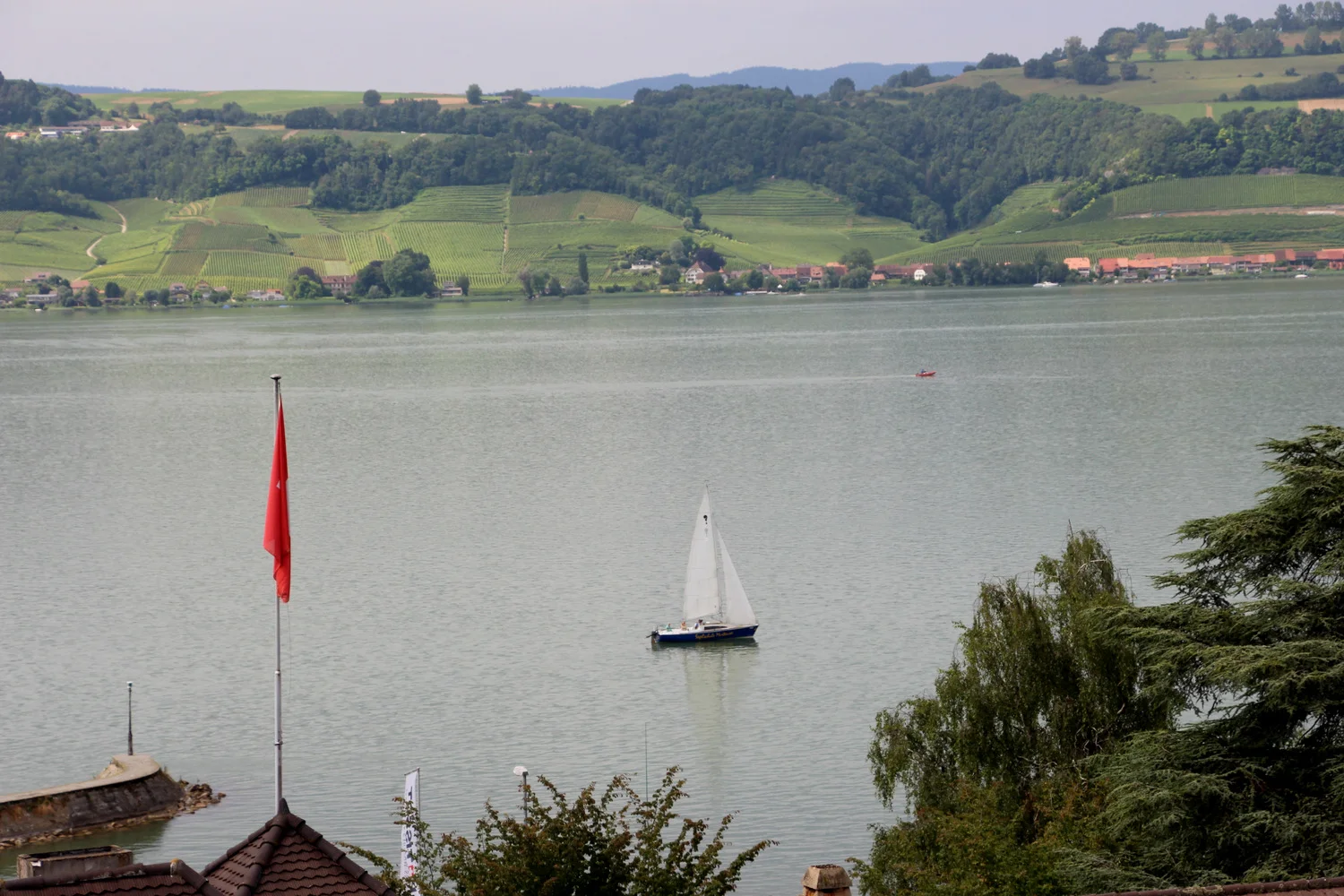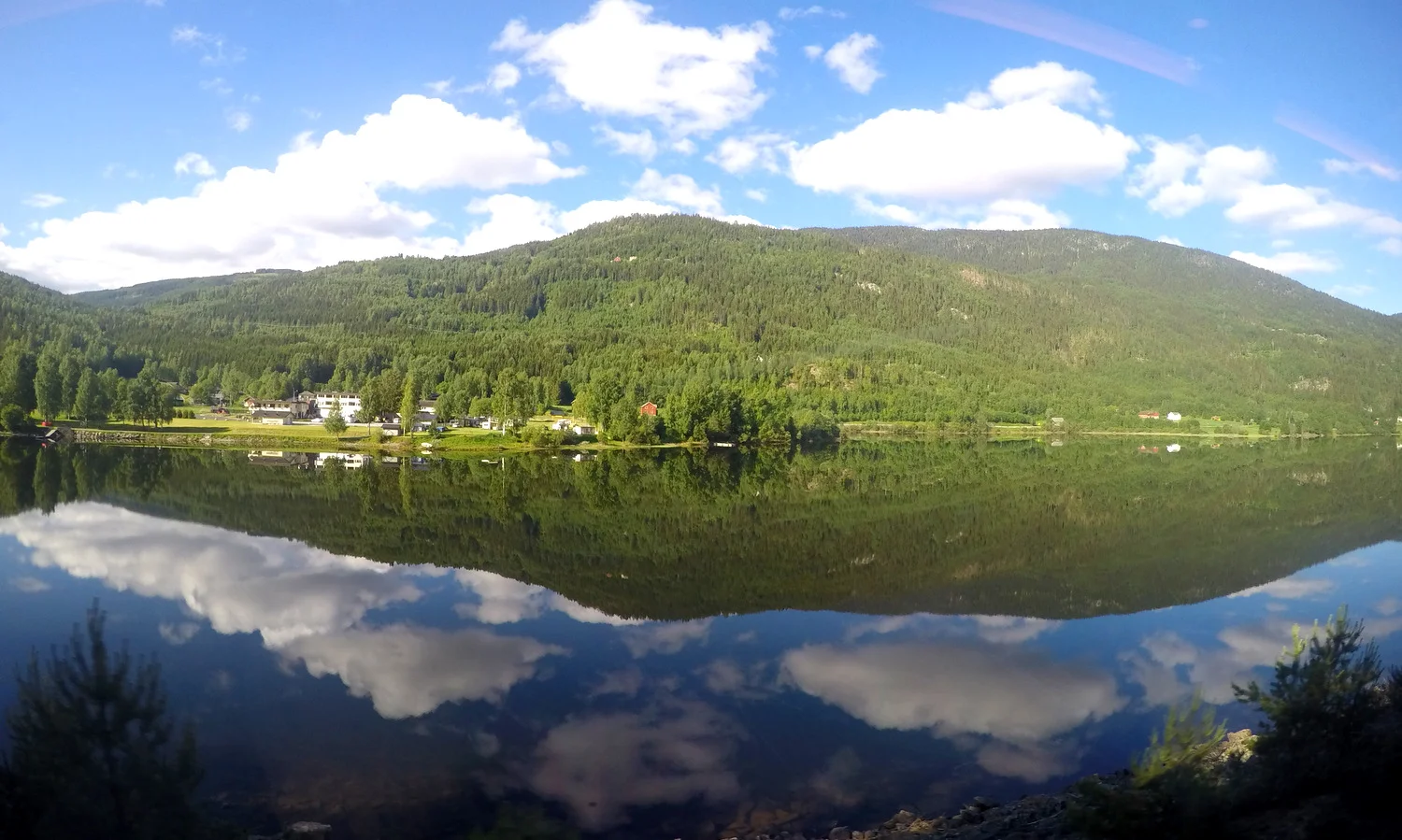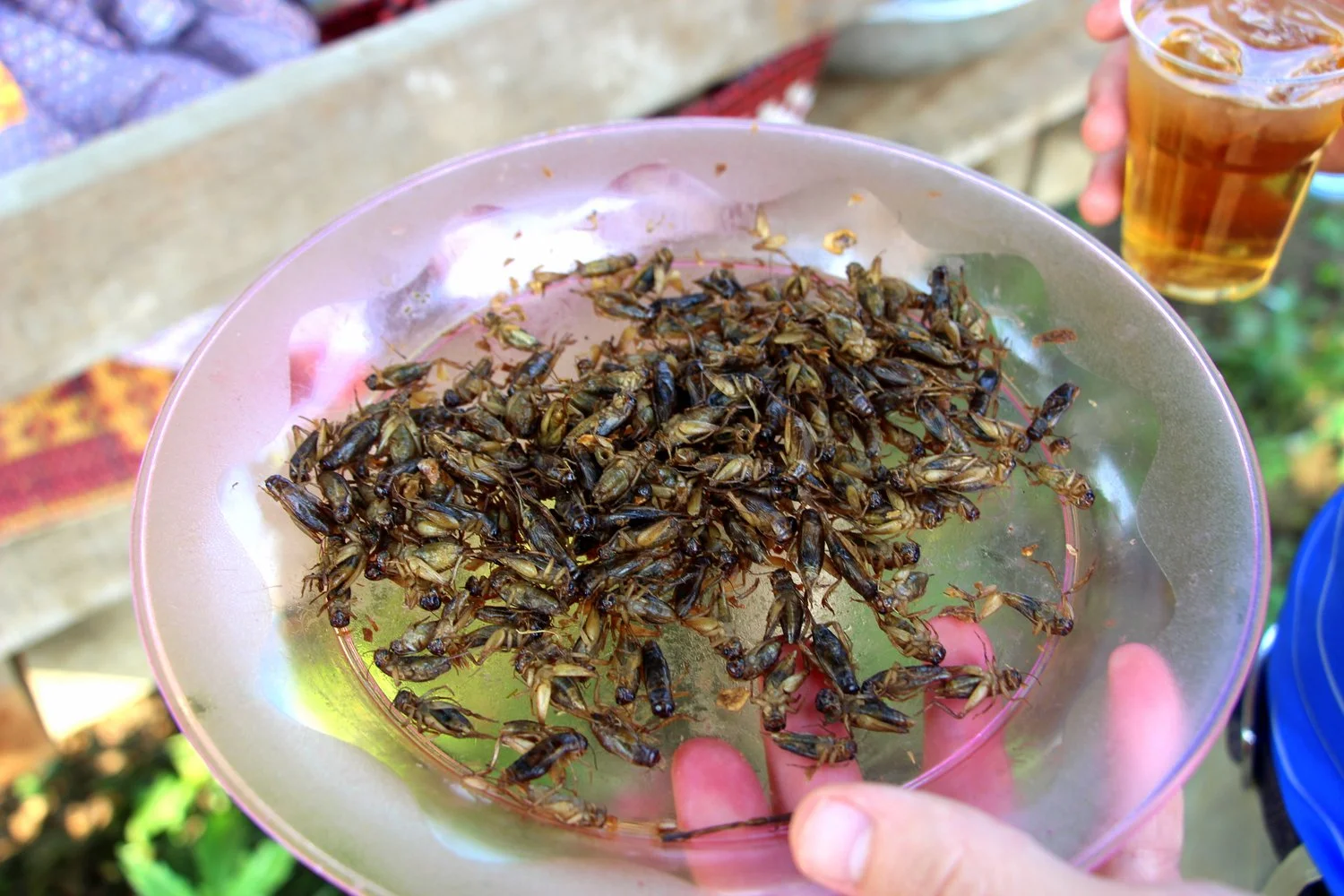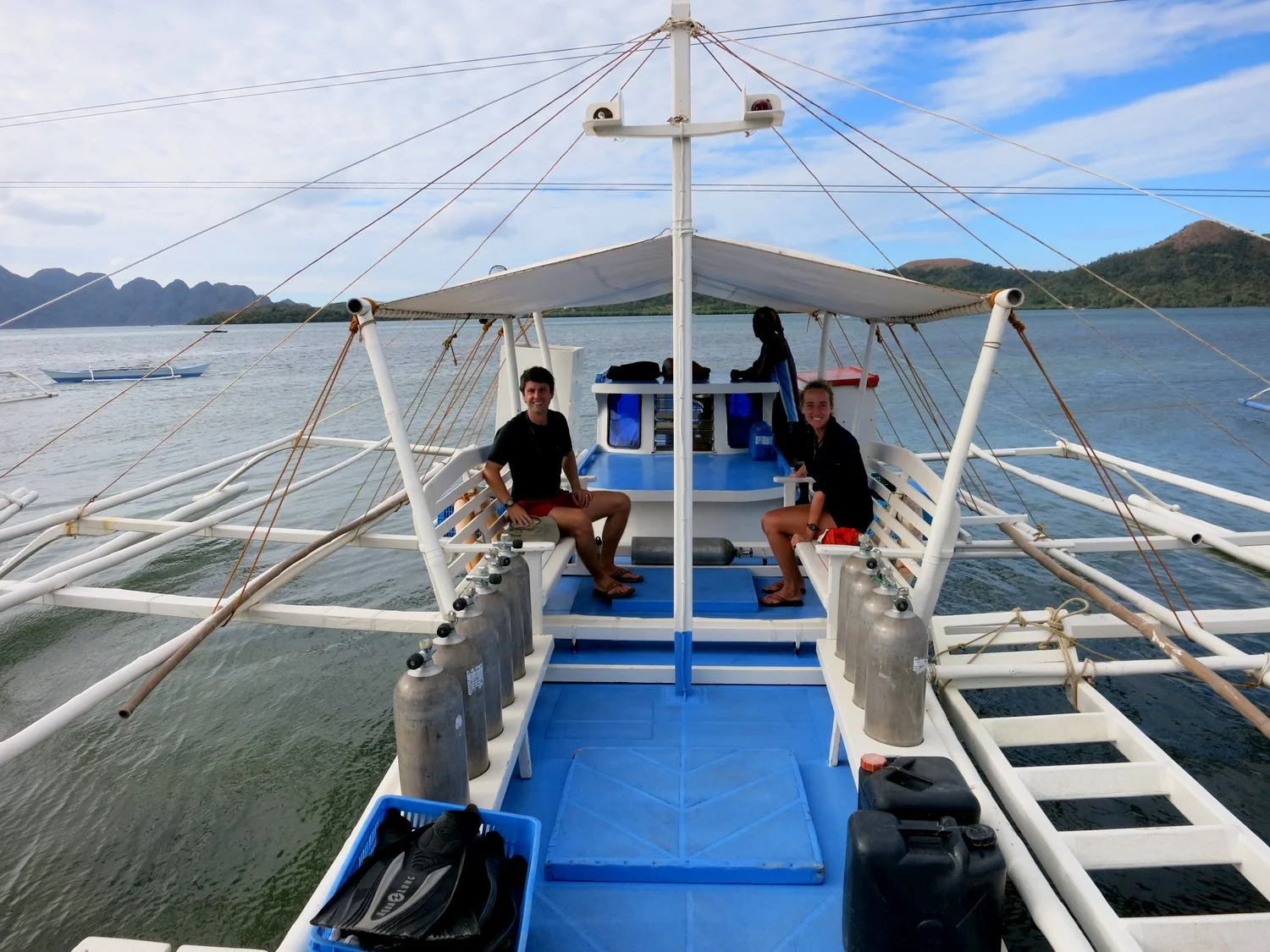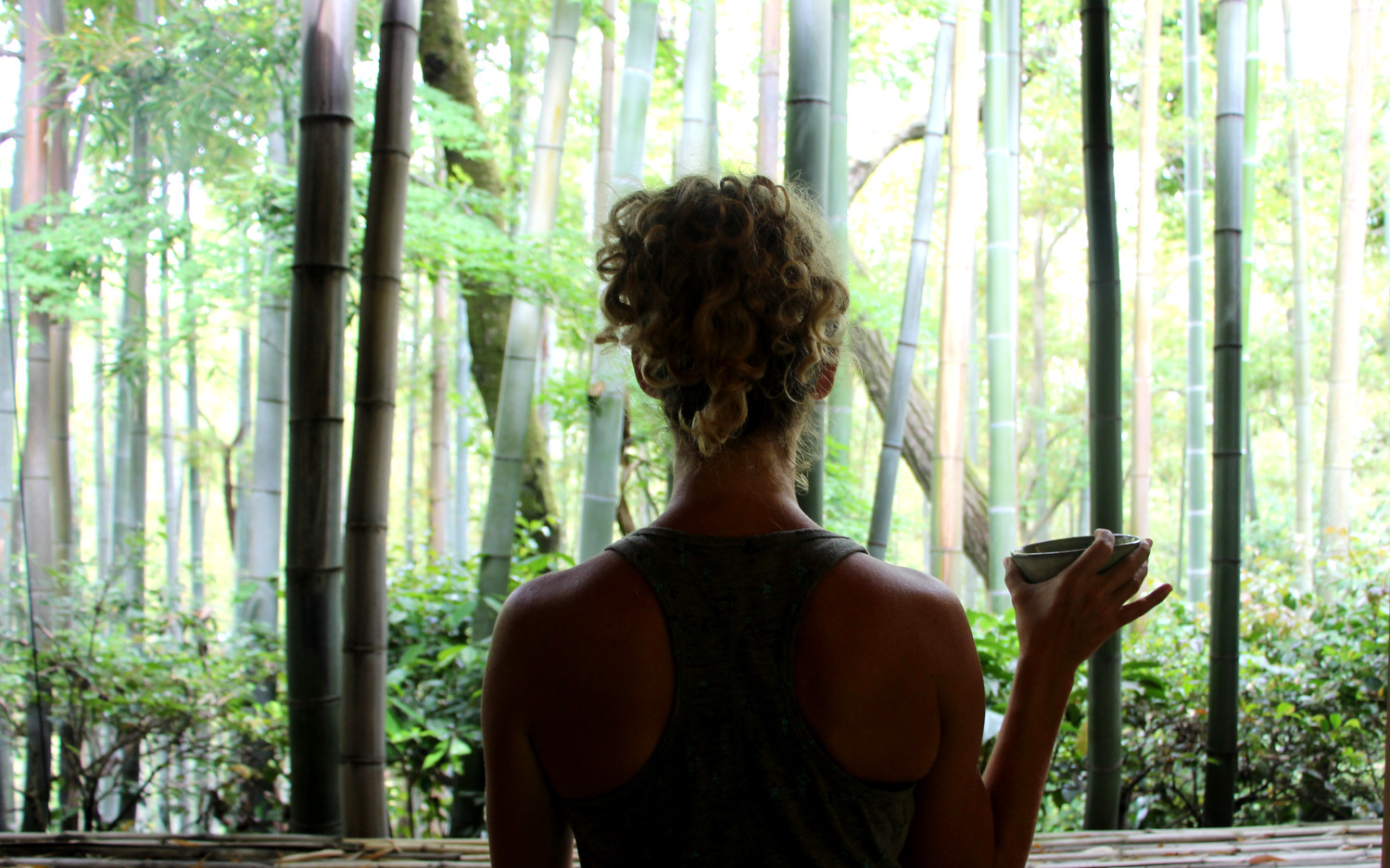My Recovery from Sexual Assault
When I left to travel around the world, I knew there was a good chance that I could get groped at some point along the way. I didn’t call it sexual assault, which is an indication that I underestimated the effect it would have on me. I thought, “I live in New York. I’m surrounded by sex. I can separate the good and the bad.” Incorrect.
Being sexually assaulted clotheslined me. It seized my hands and ripped me in circles and left me gasping for breath and clinging to Earth. One day my whole world changed, and I could only grip the ground and hope it would stop spinning.
It was terrible, but my case was mild and fortunate. As I was getting off my horse at a tourist site in Jordan, the guy holding my horse used my vulnerable position to assault me until I could get my hands free (don’t make me say more). Once my feet reached the ground, I pushed him away and then hit him across his chest (I’m a surprisingly hard hitter). I was enraged. I screamed at him and he panicked. His eyes widened and he made a motion to try and quiet me. Then my adrenaline deserted me and I started to cry.
As he ran away, I called my husband Ryan over to tell him briefly what happened. I watched Ryan’s shoulders expand and a crazed fury hit his eyes—he was going to pummel him. Then my brilliant husband looked back at me, and the rage was replaced by something else, sadness? Then purpose. Ryan quickly took a picture of the guy before he could get away, and then he ushered me to the tourist police. He practically carried me because I was so disoriented.
Thanks to the picture, the police had the guy within minutes and they brought him into custody. He was shaking. He’s a 20-year-old stable boy and now his life is over.
The assault was quicker and, in many ways, easier than the torment that followed.
The police were incredibly professional, which means they were terribly thorough. I gave my statement multiple times and I was asked specifics. I had to discuss his body, my arms, his hands, my legs, his fingers, my underwear, where the horse was, his body, my arms, and on and on and on. All this telling was done while standing alone in front of Arabic male strangers. It was excruciating, but it was necessary.
Lieutenant Achmed was the translator. He was this uncle-like policeman and he stayed beside me the entire time. He apologized when he asked invasive questions, and I apologized when I told him the swear words I’d screamed. He protected me until the very end. And the other male officers treated me with a respect and honor that I've only found in the Middle East.
The man who assaulted me was named Jameer. Lieutenant Achmed wouldn’t call him “the boy,” but he also wouldn’t call him “the man” either. He finally settled on “the guy.” That’s why broken English can be so beautiful — he wouldn’t give him the status of a man or the excuses of a boy.
When we finally left the police station, Jameer’s family was waiting outside. Jameer’s British aunt spoke out to me. She asked could it have been an accident? Had my saddle slipped? No? Then, do I think it is worth the punishment he would receive? She was the only woman out of 30 strangers, and her actions still fill me with such fury and guilt.
Ah yes, the guilt. When I foresaw this happening, I never thought I’d feel guilty. Absolutely not. I’m a modern woman, my mom taught me confidence and my dad taught me my immeasurable worth. I’m not going to feel guilty. But the guilt is there, nonetheless. How I could’ve avoided all of this trouble for everyone.
The police station was only the beginning of Jameer’s family stalking us through Jordan to try and convince me to drop the charges. They would follow us to our hotel, showing up both that night and the following morning. Then when we moved on, they somehow found us and called our next hotel manager through the night. They were desperate, but we were haggard and alone. We were dealing with a tribal system without our tribe around us.
When we emerged, it was as if a tornado had spit us out and we skidded, clinging to each other until we finally stopped. We squinted our eyes as they adjusted to the light. We shook our heads to clear them. We helped each other to our feet, and we tried to move on.
The first time Ryan and I laughed afterwards was the sweetest laugh I’ve ever had. I didn’t know a laugh could be so sweet. The first time we laughed without feeling guilty was the most freeing laugh I’ve ever had. I didn’t know a laugh could feel so free.
Ryan told me afterward that I had been his hero. And I told him exactly what I’d thought in the courthouse: he was my champion. We felt brittle but forged in fire.
We were only a few months into our yearlong trip around the world, and there was still so much we planned to see. Ryan said that, if I needed to, we could cancel the rest of the trip and go home. My first reaction was, “But no, I want to see Israel. And we have to go to Brazil!” And we did.
The first time I wore the outfit again was gross. The first time I rode a horse again was terrifying. And as the Patagonian cowboy stood by my horse to help me off, he looked shockingly like Jameer. Same coloring, same clothing. He stood exactly where Jameer stood, and he looked up expectantly just like Jameer had. My muscles were so tense that my arms were shaking. As I swung down, I was so nervous that my foot got stuck in the stirrup, leaving me completely exposed. He held my elbow, lifted my foot from the stirrup, then he smiled, said “Gracias,” and led the horse away. And I walked away never needing to know his name.
Almost 3 years later, I sometimes still get dizzy and have to grab the ground until it stops spinning. I may seem to act the same, but it shifted the filter through which I process the world. It changed the tint of everything I perceive, not only the colors dealing with sex or men. Is it the reason I don’t like breastfeeding in public? Or why I don’t like exercising around men? Or walking in crowded places? Or meeting strangers? Or why I crazily manage my time? Or mistrust prayer? Or is this just me growing up? Do I own any of my decisions?
And again, my assault was lucky and the exception. It happened in a foreign environment by a person that I didn’t know or trust. The Jordan justice system defended me and those in power protected me. I was able to recover privately and come forward on my own terms. Most importantly: I was believed.
Maybe that’s why I’m ready to fight it, and therapy helps navigate the minefield. I’ve been diagnosed with Post-Traumatic Stress Disorder, which means my symptoms are wonderfully standard and can be systematically treated. Talking to a stranger is freeing because I don’t have to worry about hurting her with my pain. And I don’t feel alone anymore, which helps with the shame.
Truthfully though, I hate talking about it. And sharing this article certainly wasn’t part of my recovery process. But I will talk about it. And I will write about it. All in hopes that a person who’s been through worse needs to hear it. And maybe a small similarity will lessen her burden, or free her voice to tell her story and start answering the shame with defiance.
I’m sure people at the next event will approach me to say they’re sorry for “what happened.” And standing on the manicured lawn, I'll be yanked back to the fluorescent lights, with the smell of paper and the taste of mint tea, and forced once again to give testimony. I'll be humiliated, awkward, angry and imperfect, but I will not be silent. I’ll stand through the dizziness, and beside any victim who needs me. Together we will stand. And together we’ll say, “HOW DARE YOU.”
And I’ll continue to live knowing the likelihood that this could happen again. I’ll prepare by working on my forgiving spirit. And my right hook.
Our Most Recent Posts:
